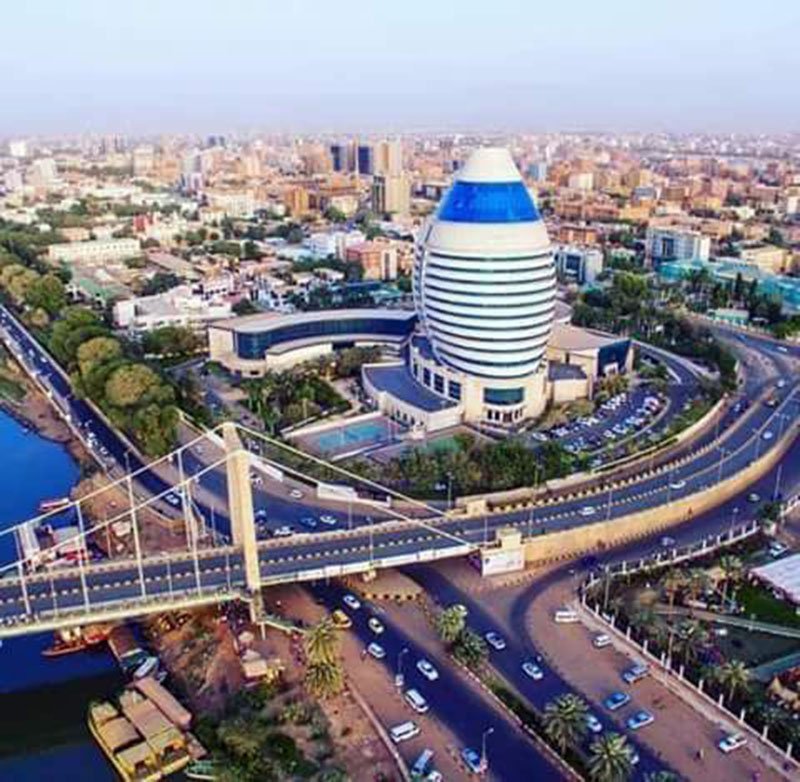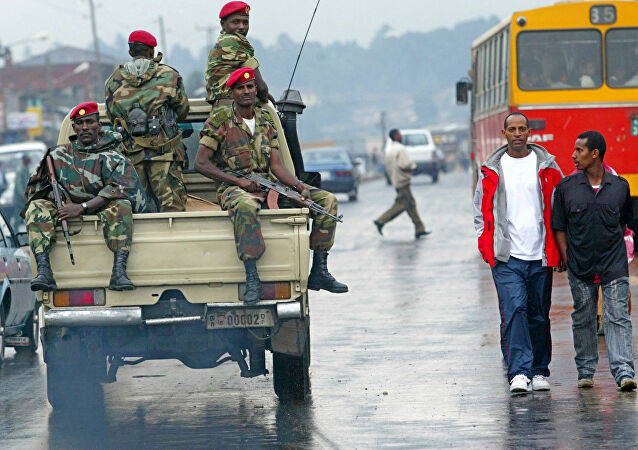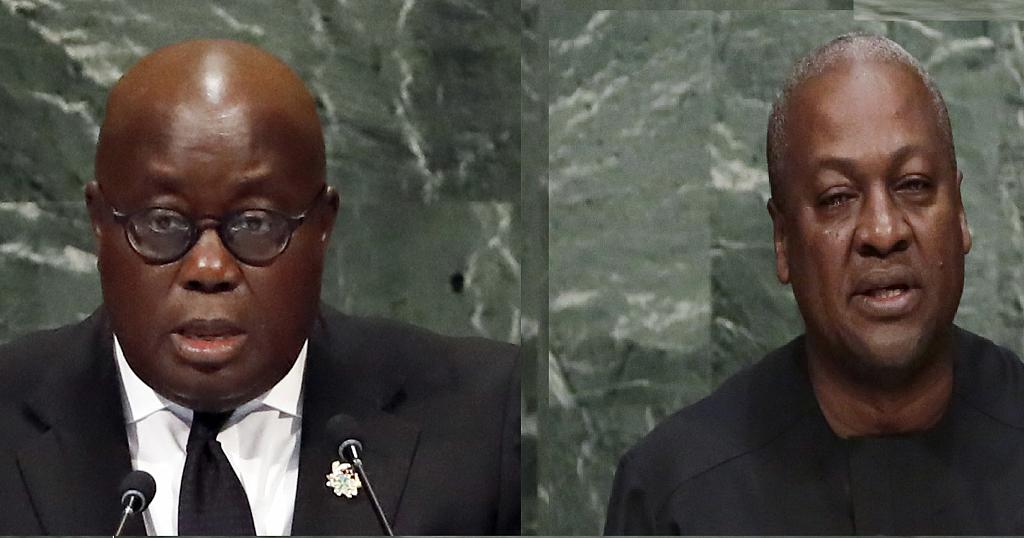A MESSAGE FROM CORINTHIA, KHARTOUM
While busy writing about the events of the last African Summit in Niamey, 2019 and the expected role of the GCC countries in the next five years, I received a handwritten message from a colleague, saying: “I am writing to you from Khartoum, the sad city that you had always talked to me about till I could only perceive through your writings. However, I intend to leave it soon, wishing not to return until it regain the well-being you once told me is everlasting. As for your recent article entitled (Sudan between Compliance and Retreat), I believe that your future expectations about the Sudanese Revolution are flimsy, unreasonable, and unattainable.
My colleague’s surprising letter ended with an even stranger phrase: “Money is above loyalty and no consolation for those who arrive late”.
I thought of that message for so long because of the following: Firstly, it was handwritten and took a whole week to reach me by hand while could have been sent in no time via e-applications, such as Whatsapp, especially as it didn’t contain what could be of concern to security control if any . Secondly, the letter arrived in an envelope bearing the address of “Al-Fateh Tower Hotel”, which was changed to “Corinthia” in 2011. So, does that colleague keep envelopes with the old name for nine years? And if yes, why? In addition, is it reasonable for the envelope to seem brand-new despite nine years have elapsed since the hotel’s name was changed? I rule out the possibility of the hotel’s management not furnishing guest rooms with papers and pens bearing the new name “Corinthia” since 2011. Thirdly, that colleague’s objection to my article does not have the “academic capacity” entitling it to agreement or disagreement, but it’s rather an attempt to silence differing, contradictory viewpoints.
Days ago, the Sudanese Revolution reached the stage of signing the political agreement that does not include the Constitutional Declaration. Anyone closely monitoring the Sudanese issue, even decades prior to ousting former President, al-Bashir will realize that political agreements do not prevent signatories, irrespective of their number or status, from denouncing them if they decided to; the same could also be said of the Sudanese people. But, where is Sudan heading after this agreement? And what moves are expected from the first and second tiers of the National Salvation Regime who still manage the entire Sudanese State, whether the exhausted Sudanese people admit it or not.
Today, Sudan is divided between two trends; the first believes that securing the success of the Sudanese Revolution requires strong international and regional support, a thing that entails sacrifice the Sudanese people well recognize. For three decades, Sudan has been economically and politically an exhausted country, therefore, this trend holds that the Sudanese public won’t oppose any prospective solution guaranteed by the US. The second trend is fully aware of the repercussions of regional and international interventions in the Arab Spring countries, and thus won’t allow the revolution’s course to deviate; and this is what leaders of the Junta and those supporting them have to realize. This trend doesn’t view current events as victory of a national revolution as much as an opportunity to reproduce the former regime that did not fall by the fall of its leader.
Cadres of the National Salvation know that their regime will not collapse with them being present and will treat the current situation in a way that guarantees the reproduction of the Salvation Regime in a new form. A hidden role is currently being played and will continue in the future by the first tier in the Salvation Regime still ruling behind the scene. There are five men I personally think will have a central role in the upcoming period; namely, Ali Osman Mohamed Taha, Salah Gosh, Bakri Hassan Salih, Abdul Rahim Mohamed Hussein, and Ibrahim Ghandour.
Let’s start with Mr. Ibrahim Ghandour, the former Sudanese Foreign Minister, who no doubt enjoys international, regional, and local popularity even amid Sudanese opposition for he has a charisma his predecessors and successors in the portfolio apparently lack. In my opinion, Ghandour’s dismissal for well-known reasons boosted his career as worthy of representing Sudanese diplomacy. Accordingly, he is likely to return to the Ministry of Foreign Affairs which I do not think he had left permanently.
Abdul Rahim Mohamed Hussein, the former Minister of Defense and Governor of Khartoum State has not yet forgotten his military background. His position as a Minister of Defense enabled him to manage the most complicated issues a state could face (the Darfur, Kordofan and the Nuba Mountains crises). Furthermore, senior members of the National Congress Party highly trust him, and therefore, his directions to the Sudanese military commanders still operating in conflict zones are worthy of consideration and implementation.
Bakri Hassan Salih, the former First Vice President is greatly trusted by the Salvation Regime cadres, whether military or civilian, and who has influence over security and intelligence services. He may not have a clear role except within the scope of his competency, but that does not mean he will be absent in the coming stage.
Salah Gosh, the architect of Sudan’s security policy and former head of the National Intelligence and Security Service. He resigned following the success of the Sudanese Revolution in April 2019. Gosh enjoys a special trust in the regional and international circles, which might be attributed to his leading role in the cooperation between Khartoum and Washington that motivated regional axes to trust him as well. Though, I believe that the re-emergence of Salah Gosh on the Sudanese political scene is dependent on public acceptance which cannot be achieved via the imposition of a fait accompli, but through a popular consensus, especially that Gosh is not affiliated with the Muslim Brotherhood. Assuming that such popular consensus is difficult to attain does not indicate that Gosh will be excluded from reformulating the security and political equation in Sudan. Instead, he will be a major player because it’s impossible to ignore a man in his experience and competence.
Ali Osman Mohamed Taha, the most outstanding figure to have led Sudanese politics. In addition to being a former foreign minister (1995-1998), and former first Vice President after the secession of South Sudan, he handled the most sensitive security and political issues in the Sudanese State. Taha was representative of the Government of National Salvation at the Naivasha Agreement signing in 2005, and even after his dismissal in 2013 he played a significant role in the Sudanese, regional and international politics. For me, it’s likely that he will assume a key role in reproducing the Salvation Regime under a new name, if not being its mastermind.
The last personality is Taha Osman Ahmed al-Hussein, the former director of the president office who cannot be classified among the cadres of the Salvation Regime despite deemed so prior to splitting from it. I had never been convinced that Taha is a founding cadre or could gain popular consensus even if assigned the highest position one day. Taha Osman moved from Khartoum to Riyadh pursuant to a political decision preceded by dramatic events that were obvious to the simplest Sudanese citizen. I was lucky to have witnessed the Sudanese state of affairs when Taha was discovered, sentenced to imprisonment, and finally suddenly and tragically deported to Riyadh on the pretext that he is a Saudi national working as “African Affairs Adviser” at the Saudi Ministry of Foreign Affairs.
After the success of the Sudanese Revolution, the media reported the return of Taha Osman to Khartoum. Some sources promoted his principal role in the break-up of the Army General Command sit-in, with the aim of enhancing the position of the Transitional Military Council and prevent revolutionaries from forming a genuine civilian government. But if we assume that the Gulf axis controlled by the US administration intends to present their ally, Taha, as leader of a shadow government in Sudan, so, what consequences are expected?
I think that assumption has started to be debated in the Sudanese political circles and was undoubtedly considered by the intelligence that backs this orientation which I do not believe, if realized, will attain its goals. The International powers need to win the Sudanese street to their side; not provoke it. Accordingly, if they support such orientation in this timing they will lose the opportunity to negotiate the Sudanese political forces, let alone the popular anger, which will definitely put everything and everybody back to square one, a thing that all parties fear. Subsequently, it’s likely that the role of Taha Osman will be limited to advising the decision-making circles in the Gulf axes he works for, given his past experience in Sudan and association with influential Sudanese figures.
Even those influential figures will be exposed to the popular forces and therefore never be accepted; also, their collaboration or recruitment of Sudanese cadres will be of no avail. The role of Taha Osman will gradually diminish if not got rid of after fulfilling his role and he is certainly aware of it. It’s likely he is ready for that moment because in the intelligence convention agents exposed publicly are subject to elimination, no matter how long they had been in service.
There are two things worrying the Sudanese public opinion today, the first being rising voices from within Sudan which try to convince others that no national revolution was ever successful without international and regional support. However, I suppose that’s not absolutely true and cannot be taken for granted. History tells us the success of national revolutions lies in their very solidarity enabling them to impose their programs, or otherwise, how could some nations achieve real political and economic independence hadn’t they enjoy a strong and coherent domestic front.
The second is that the Sudanese public are still awaiting a fair trial for the dispersal of the Army General Command sit-in, which is likely to take much time especially that the Junta has denied the massacre, attributing it to a Major-general from the intelligence who had been assigned to the Rapid Support Forces and who is currently detained in a camp in Bahri city. In the coming days, the Junta will attempt to alleviate public pressure by presenting a certain group as responsible for the massacre against whom a judgment will be issued but not executed.
On concluding this article, I listened to the news that “the Civil Forces Assembly deems the political agreement signed did not meet the demands of the revolution, and facilitates power domination by the military”, which means exacerbation of disputes in the coming period before the signing of the forthcoming Constitutional Declaration. The axes controlled by the international powers will exploit these tensions if wise politicians in Sudan did not intervene.
Dr. Ameena Alarimi
21 july 2019




